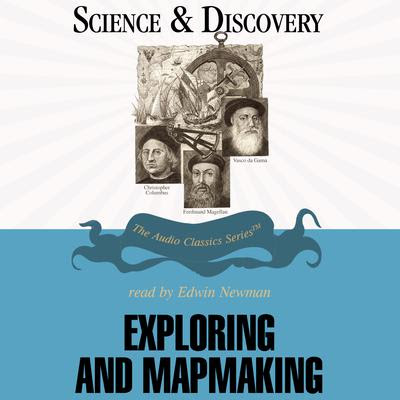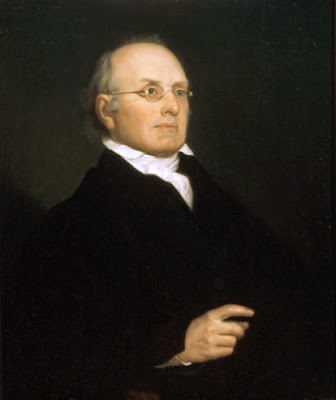There’s a reason that 1066 is the best remembered year in British history. In that year, the Normans invaded England. They are the last people ever to do so successfully. Others have tried since then (notably Napoleon and Hitler), but none of them have succeeded. This is known in English history as “the Norman Conquest” – or sometimes, just “the Conquest.” But who were the Normans? Where did they come from? How did they come to be in France – and then, later, in England? Did they engage in conquests elsewhere in the world? And why, after all of their successes, did they suddenly disappear from the pages of history?
These are complicated questions, and researching them brings a number of surprising answers. But two documentaries are especially good at delving into this subject. They are the BBC’s “The Normans” and “The Normans: The Complete Epic Saga.” I considered reviewing them separately in two different blog posts, but the overlap between them is quite considerable. Thus, it may make sense to cover them together here, and show their relative advantages and disadvantages. Each of them covers some things that the other doesn’t, and brings a unique perspective to some of the events that both of them cover.











